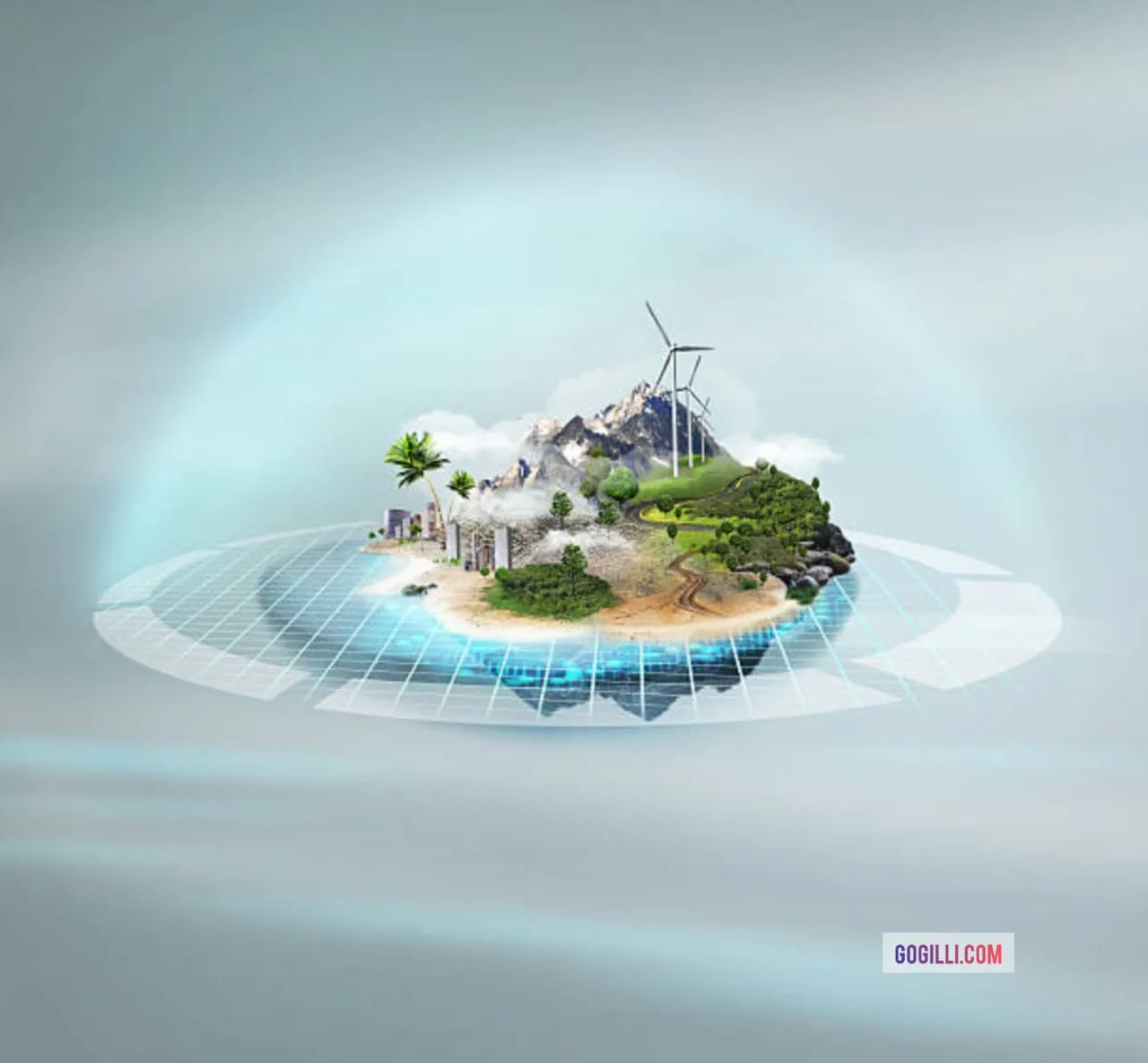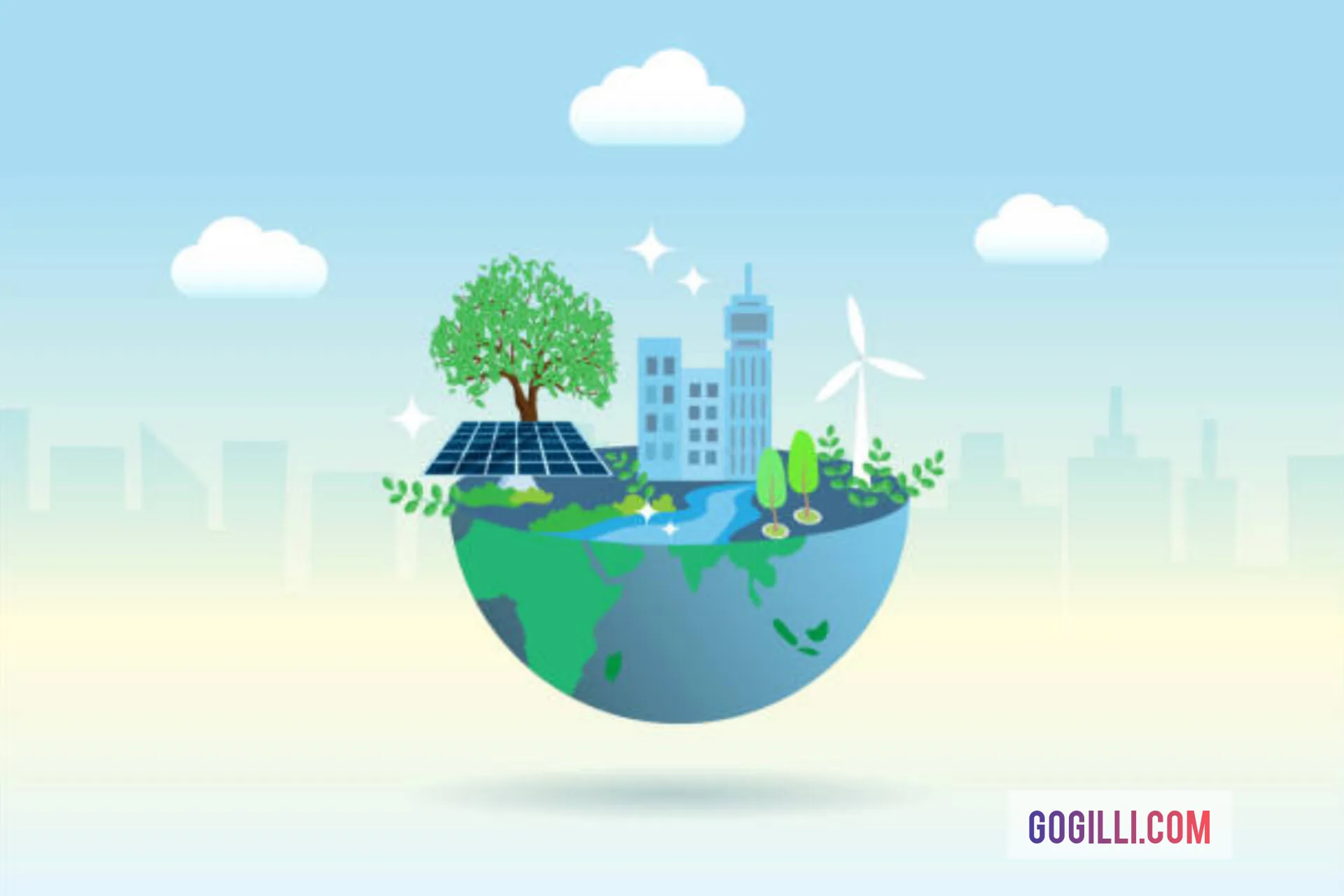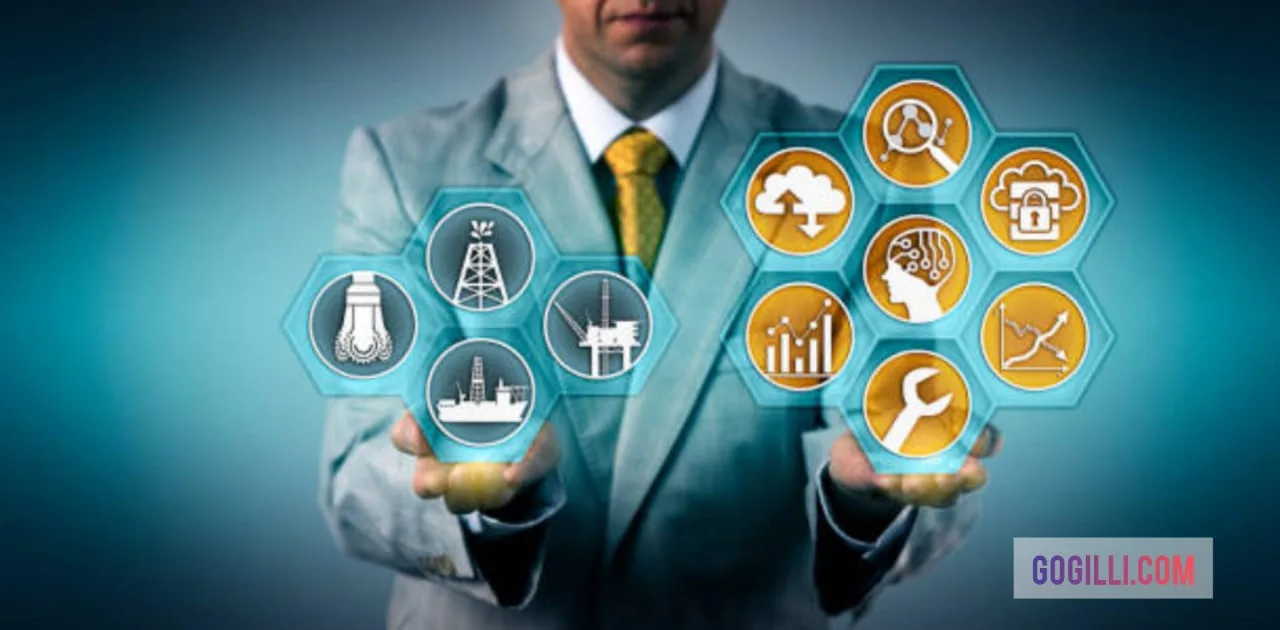The challenges of tracking, optimizing, and managing utility management consumption increase when businesses grow domestically or internationally. Organizations with several sites in the modern corporate landscape have the complex task of effectively regulating power use across various locations.
Whatever the resource, gas, water, electricity, or other efficient ways to reduce multi-site utility use are critical.
The growing significance of sustainability, economic feasibility, and adherence to regulations has escalated the need for all-encompassing approaches that enable establishments to obtain enhanced insight into their utility consumption trends and make knowledgeable choices.
This introduction addresses cutting-edge approaches that have the potential to completely transform how businesses approach and manage their resource usage, as well as the crucial elements underlying multi-site utility consumption management.
Understanding the Importance of Utility Management
The strategic process of effectively and efficiently managing an organization’s utilities which usually include gas, electricity, water, and other necessary services is known as utility management.
Utility is essential for enterprises, organizations, and individuals to maximize resource consumption, cut expenses, and improve sustainability. In order to guarantee effective use and reduce waste, it entails efficiently managing the use of utilities, such as waste, water, natural gas, and electricity.
Utility management is a comprehensive strategy that extends beyond simple cost containment. It entails technological integration, strategic planning, and a dedication to sustainability all of which support an organization’s resilience and long-term success.
Effective utility management is essential for several reasons:
- Cost saving
A large amount of a business’s operating expenses is frequently attributed to utilities. By identifying areas of waste and inefficiency, effective utility management enables businesses to put cost cutting initiatives into place. This may entail implementing energy saving devices, making the most use of water, and securing advantageous agreements with utility companies.

- Resource optimization
Resource usage must be optimized and monitored as part of effective utility management. As procedures are streamlined and inefficient behaviors are stopped, this may increase overall operational efficiency.
Automated systems and smart technologies, for instance, can assist in controlling a facility’s energy consumption, cutting down on needless use during off peak hours. One way to guarantee operations continuity is to diversify your energy sources and have backup plans in case of power disruptions.

- Enhancing control and visibility
For enterprises to maximize resource consumption, cut expenses, and boost operational efficiency, utility management control and visibility must be improved. The following are some essential tactics to do this:
Install a system for enterprise asset management (EAM):
Inventory, upkeep, and performance management of utility assets may all be done centrally with the help of an EAM system. This makes it possible for businesses to monitor how they use their assets, spot possible problems before they become serious, and plan preventative maintenance to save downtime.
Make Use of Real Time Monitoring and Analytics:
To obtain real-time insights into utility consumption patterns, equipment performance, and network problems, make use of cutting-edge sensor technology and data analytics tools. With the use of this real-time data, abnormalities may be found, energy use can be optimized, and possible disruptions can be avoided in advance
Set Up Explicit KPIs and Performance Metrics:
For every utility asset and system, establish precise performance metrics and key performance indicators (KPIs). These metrics should be in line with the aims and objectives of the company in order to give a quantitative foundation for evaluating the efficacy of utility management techniques.
Use Predictive Maintenance:
Predictive maintenance methods let you detect equipment problems before they happen. This entails identifying possible problems and planning maintenance tasks in accordance with the results of predictive models, historical data, and current operating circumstances.
Promote a Culture of Continuous Improvement:
Consistently evaluating utility management procedures, pinpointing opportunities for improvement, and carrying out remedial measures are all ways to promote a culture of continuous improvement. Utility management procedures are kept up to date and in line with changing organizational requirements thanks to this continuous optimization.
Make Use of Automation and Robotics:
Automate repetitive processes, minimize manual labor, and boost overall productivity by utilizing automation and robotics technology. This can involve robotic inspection and maintenance processes, automated meter reading devices, and intelligent field technician dispatching.

- Sustainability and Corporate Social Responsibility
Managing utilities becomes crucial as environmental sustainability and corporate social responsibility gain traction. Companies that show a dedication to sustainability and conscientious resource management are valued by investors and customers alike. Strong utility management practices support these ideals by enhancing stakeholder and consumer trust and favorably impacting the organization’s brand perception.
Companies who actively strive to lower their water and energy use, as well as their total environmental impact, not only improve the planet’s health but also meet legal obligations and improve their public image.

tip:Utility management is a continuous process that calls for constant observation, assessment, and modification in response to evolving conditions. Organizations can significantly reduce costs, enhance operations, and benefit the environment by implementing efficient utility management techniques. They can also help create a more sustainable future.
5. Utility management solutions
Software programs known as utility management solutions assist companies and organizations in monitoring, controlling, and optimizing their use of utilities. These technologies can save utility costs for businesses, lessen their impact on the environment, and increase operational effectiveness.
The following are some advantages of employing a utility management solution:
Decreased utility costs:
Energy efficiency initiatives that companies discover and put into place can save a lot of money on utility bills. This is made possible by utility management systems.
Better environmental impact:
Businesses can lessen their environmental impact by consuming less energy.
Enhanced operational efficiency:
Businesses can free up staff time and resources by streamlining their utility management procedures with the aid of utility management solutions.
The following are a few characteristics of a utility management solution:
Data aggregation and collection:
Building automation systems, smart meters, utility bills, and other sources are just a few of the places where data can be gathered by utility management solutions.
Data analysis:
Utility management systems are capable of performing data analysis to spot patterns and trends in energy usage.
Reporting and visualization:
Businesses can learn more about their energy usage habits and spot areas where they can save money by utilizing the reports and visuals that utility management solutions can produce.
Recommendations for energy efficiency:
Utility management systems can offer suggestions for energy saving actions that companies can take to lower their energy usage.
If you are interested in learning more about utility management solutions, here are some resources: click hare

Utility management services
A wide range of services, including utility management services, are available to assist businesses and organizations in making the most use of resources including water, wastewater, natural gas, and electricity. These services can assist businesses in lowering their utility bills, increasing energy efficiency, and achieving their sustainability objectives.
Utility management services’ advantages
- Lower utility costs:
By negotiating better rates with utility providers, streamlining energy use, and deploying energy efficient technologies, among other cost-saving strategies, utility management services may assist firms in identifying and putting these strategies into action.
- Enhanced energy efficiency:
Utility management services can assist businesses in monitoring their energy use, pinpointing opportunities for consumption reduction, and putting energy-saving strategies into action. Greenhouse gas emissions and energy costs may be significantly reduced as a result of this.
- Reaching sustainability objectives:
Utility management services can assist businesses in creating and putting into action sustainability plans, monitoring their progress, and providing reports on their sustainability performance.

Utility management service types include
- Utility bill auditing and analysis:
This entails looking over utility bills to find mistakes, overpayments, and areas where money can be saved. Energy procurement is the process of haggling over rates and conditions for energy services with utility companies.
- Energy audits: These entail a thorough analysis of an organization’s energy consumption to pinpoint areas for energy conservation.
 Installing software that monitors and controls an organization’s energy consumption in real time is known as an energy management systems installation.
Installing software that monitors and controls an organization’s energy consumption in real time is known as an energy management systems installation.
- Consulting on renewable energy: This includes advising businesses on the viability, expenses, and advantages of putting in renewable energy systems, including wind turbines or solar panels.
Utility management service users include:
- Businesses and organizations of all sizes can employ utility management services, including:
- Commercial structures include restaurants, hotels, retail establishments, and office buildings.
- Industrial facilities include factories, warehouses, and manufacturing units.
- Governmental organizations: national, state, and municipal administrations
- Universities and colleges: Public schools, universities, and colleges
- Healthcare establishments: Clinics, hospitals, and assisted living homes
How to pick a supplier of utility management services: The following elements need to be taken into account when selecting a provider of utility management services:
- Experience: The supplier needs to have previous experience dealing with companies or groups of your size and sector.
- Services provided: A variety of services that fit your demands and budget should be provided by the provider.
- technologies: The supplier needs to monitor and control your energy consumption using state of the art technologies.
- References: Get opinions from other companies or organizations that have employed the services of the provider.
tip: Services for managing utilities can be a wise investment for companies of all kinds. Organizations can lower expenses, increase energy efficiency, and achieve sustainability objectives by optimizing their utility use.
